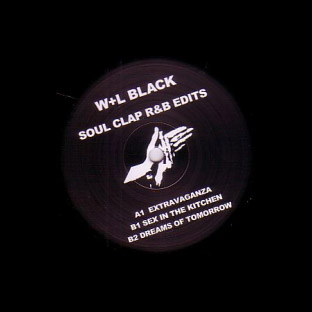
(photo via jm3)
Metadata is (loosely, and applied to music) the information in a digital music file. It is data that is used "to enhance access and usage of content and provide information that computers are not yet able to interpret". It often identifies the artist, track title and album, but also can contain release artwork, genre, BPM, web links and anything else you would like the listener to know.
So, in the current climate where people share digital music and there is no telling where your latest track may end up....... why are so few artists adding metadata? Who is "Unknown Artist"? What is "Track 01"?
I am not entirely excluded from this, it took me a while of sending out badly-labeled mp3s to realise (discovering TuneUp helped me wake up to the issue). Promos I receive from labels are often full of information, ones from individual producers, far less so. As an independent artist, you should use this opportunity to share your contact info with the listener. Now, when I send out promos for my single track releases (as is often the case in dance music), I have taken to adding my email address within the 'album' field. Simple, and yet very effective if anyone new ends up with my track and wants to find out more. No label artwork for your unsigned cover song? How about a cool shot from the band's last live gig? How about a list of tour dates? How about a phrase such as 'free music at our website', and offering some free and some purchasable music at said site?
Here's the thing: People will go on P2P and torrent sites and download copies of your music for free. If you are the one posting high-quality files with full artwork, tour dates and links to buy the album on 12-inch LP, then yours are the files that will end up in the hands of music fans. At least with all the correct information at hand, they can make an informed decision about if they wish to contribute to your revenue stream in future.
Not only that, but if you are sending digital music to a radio station or magazine, and they download and open the music file, whilst simultaneously deleting your emaill and losing your Electronic Press Kit, they still know who the heck you are!
Lee Jarvis.
If you enjoyed this post, you may like to subscribe to my RSS Feed, subscribe for Email Updates, or follow my Twitter Feed.



